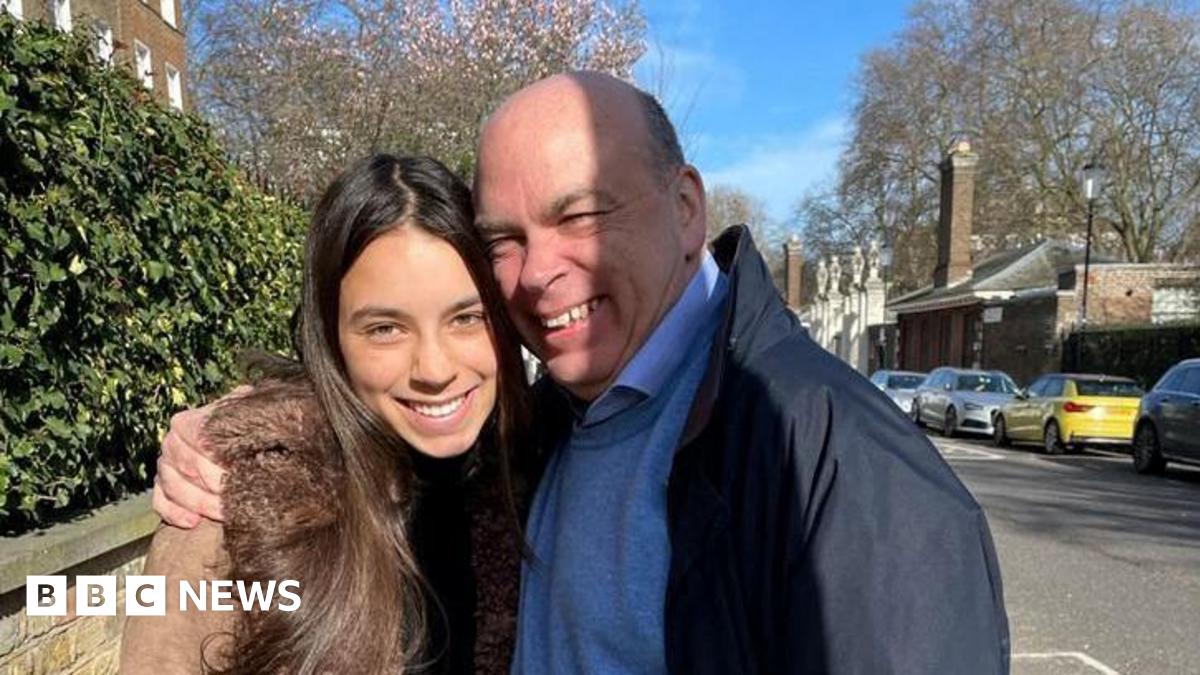Earlier this year, he ruled that HPE suffered losses amounting to around £700m through the purchase of Autonomy.
Mr Lynch and his teenage daughter Hannah were among seven passengers and crew who died when the Bayesian went down off the coast of Sicily last August during a storm which caused the vessel to capsize and sink.
A hearing in London, which began on Tuesday, will now decide whether Mr Lynch’s estate can appeal against the 2022 and 2025 rulings.
In written submissions, Patrick Goodall, the barrister representing HPE, argued that Mr Lynch’s estate was liable to pay $1.7bn, which includes around $761m in interest.
He said that Mr Lynch had “not only perpetrated an enormous fraud, but lied about it at every stage”.
He said the claimants had spent almost £150m on the legal battle, and were seeking nearly £113m of their costs from Mr Lynch’s estate.
Mr Goodall also said that Mr Lynch’s estate should not be allowed to appeal against either the 2022 or 2025 rulings.
In written submissions, Richard Hill, the lawyer representing Mr Lynch’s estate, said that the $761m in interest sought by the claimants was an “excessive sum… based on a flawed analysis” and that the “legally and economically rational approach would provide for a materially lower figure”.
The claimants’ position that “they were the victors in this litigation” was “overly simplistic”, he added.
Mr Hill also said that Mr Lynch’s estate should be allowed to appeal against the two earlier rulings, claiming that the judge “erred in law” and that there was a “compelling reason for allowing the appeal to be heard”.
A spokesperson for the Lynch family said: “Today’s hearing addresses technical matters that change nothing about the underlying substance of the case.
“The core facts remain that HP’s claim was fundamentally flawed and a wild overstatement.”
In a separate case, Mr Lynch was extradited to the US in 2023 to face criminal charges, and he was cleared of fraud charges in 2024.
He was celebrating being acquitted on his yacht when it sank.
